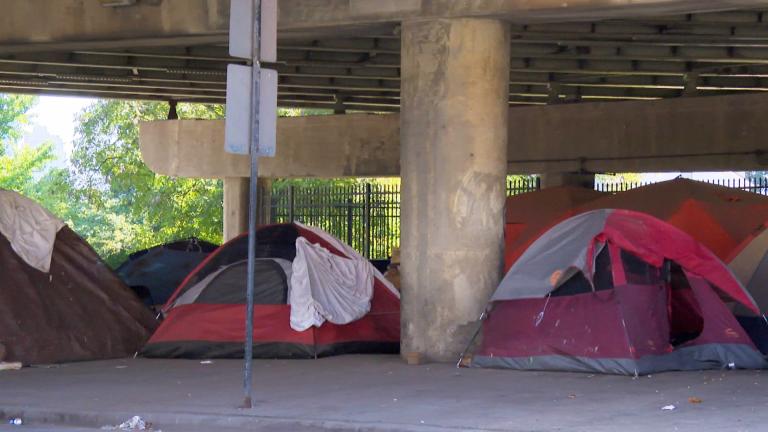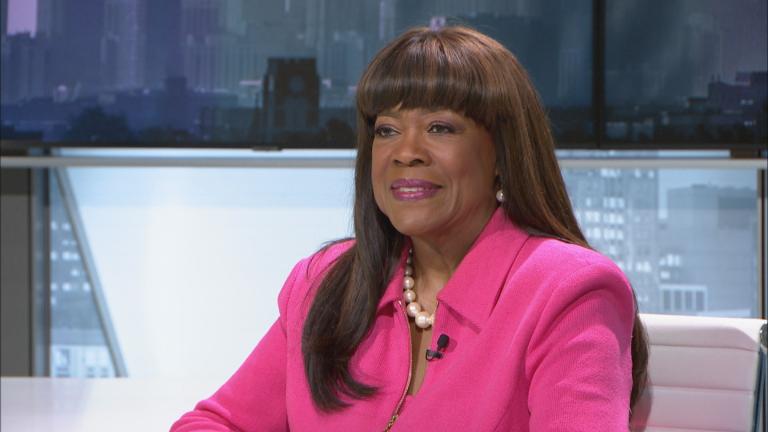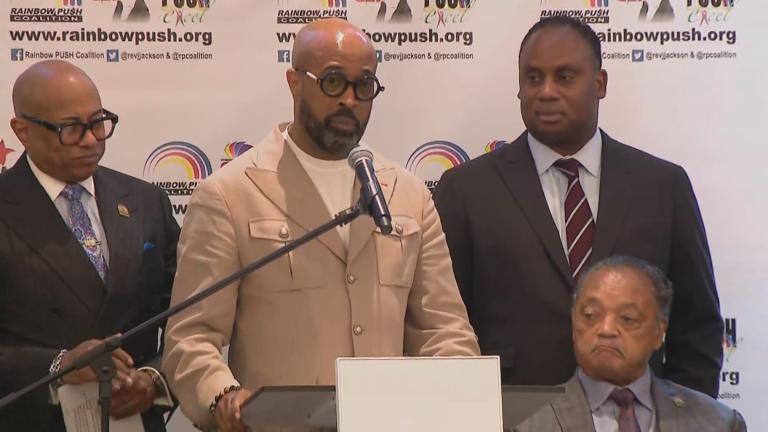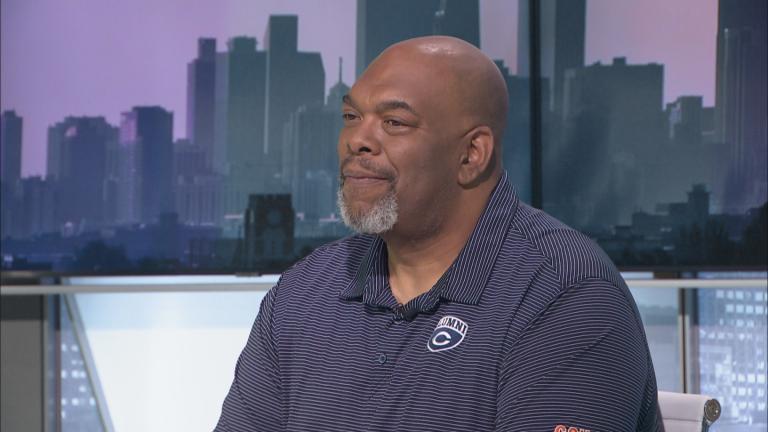Travel is out of the question for now, but once we’re ready to hit the road again, a travel guide unlike any other is here for your planning needs: the “U.S. Civil Rights Trail: A Travelers’ Guide to the People, Places, and Events that Made the Movement.”
Author and journalist Deborah Douglas said that traveling the civil rights trail is an emotional experience, but one that’s worth having in person.
“I gained a greater appreciation for the African American experience and what my elders were able to accomplish. They made families and homes, got educated and took big risks. The stakes were so high for them — I’m in awe. I realize we need to cherish our places and institutions more because history surrounds us,” Douglas said. “Far from framing Black communities as dangerous or uninteresting places, we need to reimagine them as designations rich in history that need to be contextualized into an experience. When we do that, attention, resources and opportunities follow, and you can help communities move closer to the highest vision for the people who live there.”
Part of the journey for Douglas was seeking out Black-owned businesses along the way – restaurants, in particular.
“I … tried to include restaurants tied to the movement. Lassis Inn in Little Rock as a strategy space for tacticians of the Little Rock Nine integration crisis. Dr. King and other movement leaders ate at Busy Bee Cafe and Paschal’s in Atlanta. He also liked The Four Way in Memphis, and I actually had lunch with the Rev. Jesse Jackson in April 2018 after he spoke at a local church during the commemoration of 50 years since King’s assassination there,” she said.
While the guide records and reflects on historical events and places, Douglas says it was important for her to connect the past to the present by including a chapter with resources for those who want to learn – and do – more in the civil rights space.
“I wanted to disavow that the past is the past. It is actually a prologue,” said Douglas. “Consider voter suppression, the scourge of police brutality, and the gleeful, open embrace of racist beliefs by everyday white people (think: Capitol coup attempt). Some people look at where America has been and purpose themselves to ask how they can be a part of making it better. Some people have looked at the pages of history and decided that segregationists like Birmingham’s Eugene Bull Connor are role models. I hope my book helps people understand at a granular level what was at stake in highlighted cities and how that flowed into a national freedom struggle that lives on. I hope my book helps audiences reaffirm a righteous place to stand on current-day issues. Don’t be like Bull.”








